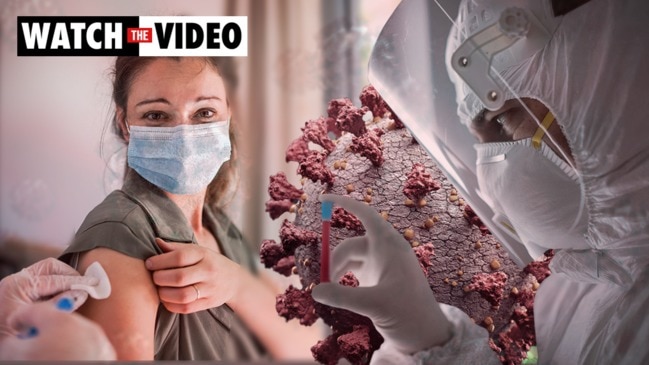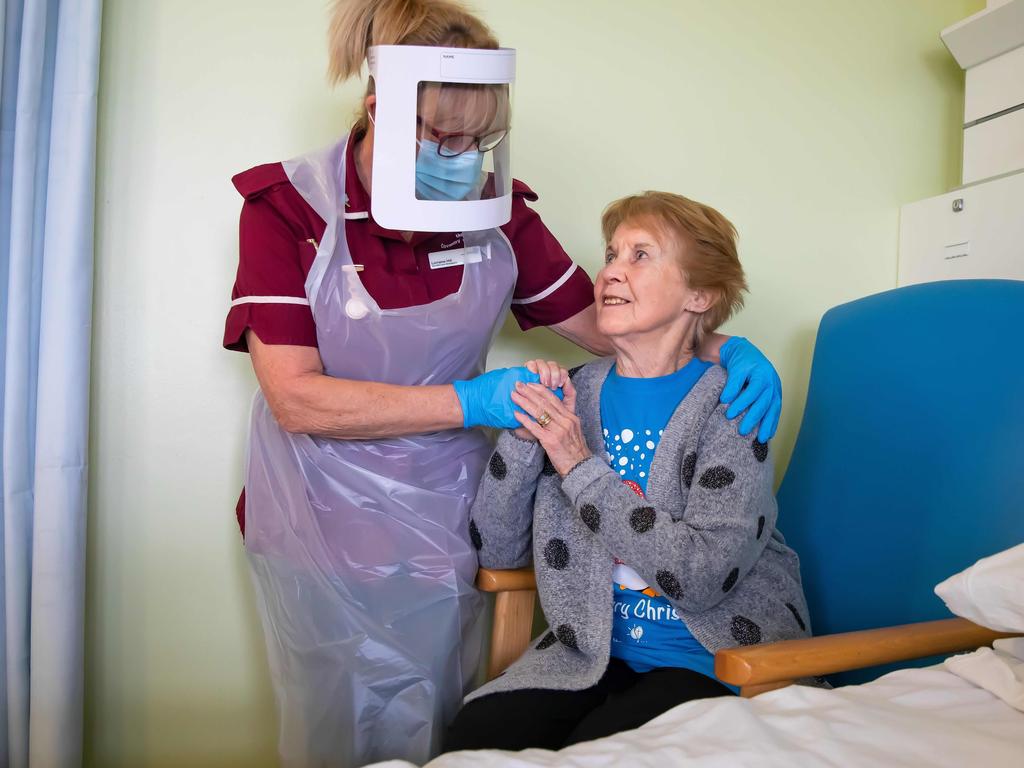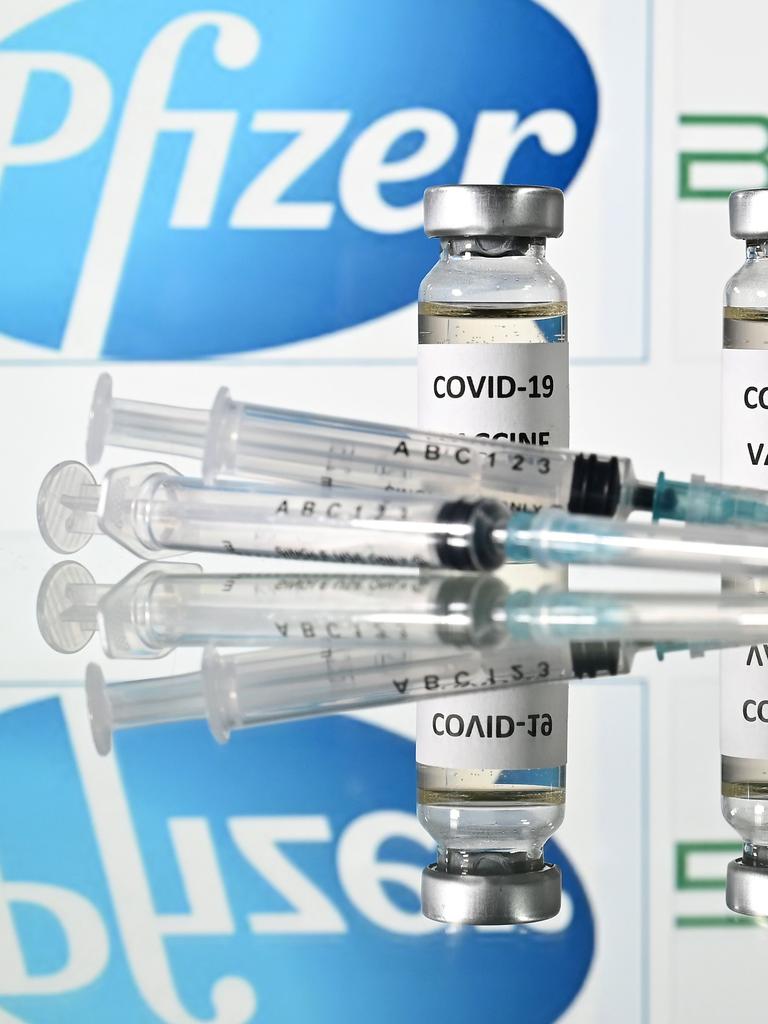Britain changes vaccine criteria as US committee meets to review Pfizer vaccine
A large group of people have been told not to take the Pfizer vaccine in the UK after a key reaction, as the US debates whether to approve the jab.

The UK health regulator has swiftly changed the criteria for who should receive the COVID-19 vaccine following allergic reactions from at least two people, as US regulators weigh up key questions on the product.
On Wednesday, the UK’s Medicines and Healthcare products Regulatory Agency (MHRA) issued updated guidance about who should receive the vaccine.
It now states anyone with a history of “immediate-onset anaphylaxis to a vaccine, medicine or food should not receive the Pfizer/BioNTech vaccine.”
Those who have received a first dose and experienced a reaction should not have their follow up, while patients will be monitored for 15 minutes after receiving the jab.
Furthermore, a protocol for managing allergic reactions must be in place with staff administering the vaccine trained to recognise the symptoms.
“The health professionals overseeing the immunisation service must be trained to recognise an anaphylactic reaction and be familiar with techniques for resuscitation of a patient with anaphylaxis,” it said.
However the MRHA stressed the people who suffered reactions “received prompt treatment and are recovering well.”
“Like all medicines and vaccines, this vaccine can cause side effects. Most of these are mild and short-term, and not everyone gets them,” the agency said.
RELATED: Dirty tricks slammed in vaccine race
RELATED: Pfizer vaccine’s two main side effects


It comes as the US Vaccines and Related Biological Products Advisory Committee Meeting holds a live-streamed meeting to discuss two key issues regarding the Pfizer vaccine.
They include whether it’s “reasonable to believe” the Pfizer-BioNTech vaccine may be effective in preventing the virus for those over 16 years old, and whether the potential benefits outweighs the risks of the drug.
So far the UK and Canada have approved the Pfizer candidate, with the first people receiving the jab in the UK on Tuesday this week. Further vaccines are expected to be approved in the coming weeks with GP surgeries also set to join the rollout.
RELATED: Hidden catch wtih Pfizer vaccine


Britain’s MHRA CEO Dr June Raine said the change of advice comes after two reports of anaphylaxis and one possible allergic reaction to the drug, but people should not be worried by the process.
“Anaphylaxis is a known, although very rare, side effect with any vaccine. Most people will not get anaphylaxis and the benefits in protecting people against COVID-19 outweigh the risks,” she said.
“Anyone due to receive their vaccine should continue with their appointment and discuss any questions or medical history of serious allergies with the healthcare professional prior to getting the jab.”
She also defended the rigorous vetting of the vaccine’s safety despite it being achieved in record time, saying the incident shows the reporting system for side effects is effective.
“We have in place a robust and proactive safety monitoring strategy for COVID-19 vaccines which allows for rapid, real-time safety monitoring at population level. The fact that these incidents were picked up and reviewed shows that to be the case,” she said.




